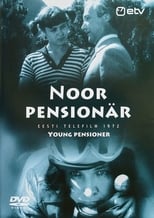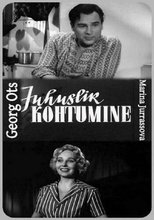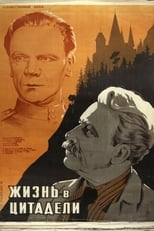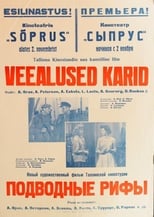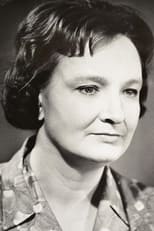
|
|
Lia Laats (February 2, 1926 – April 24, 2004) was an Estonian stage and film actress whose career spanned over forty years. Lia Laats was born in Tallinn to Karl René Laats and Helmi Karin Laats (née Tähe), who both worked as domestic servants. She had two older half-siblings from her father's previous marriage. She studied at the National Drama Theatre (now, the Estonian Drama Theatre) in Tallinn, but left her studies in 1946 without graduating. Lia Laats made her screen debut in the 1947 Herbert Rappaport directed Soviet-Estonian language drama Elu tsitadellis (English: Life in a Citadel) for Lenfilm, based on the 1946 play of the same name by Estonian author and communist politician August Jakobson. Elu tsitadellis was the first post-World War II Estonian feature film, following the annexation of Estonia into the Soviet Union. The plot largely revolves around the arrival of the Soviets following the German occupation of Estonia in 1944 and justice being meted out to Estonians who had collaborated with German occupying forces. The film ends with jubilant Estonians celebrating their "liberation" and inclusion into the Soviet Union; accepting the communist ideology. Both the film and Laats were awarded the Stalin Prize. Following several more dramas, Lia Laats was paired with Estonian singer Georg Ots in the 1961 Viktor Nevežin directed light comedy Juhuslik kohtumine. Laats' most memorable roles are arguably in three comedies directed by Sulev Nõmmik and paired onscreen with actor Ervin Abel. The first of which was 1968's Mehed ei nuta, followed by Noor pensionär in 1972 and Siin me oleme! in 1979. The three films proved to be very popular and are still often broadcast on Estonian television. |


